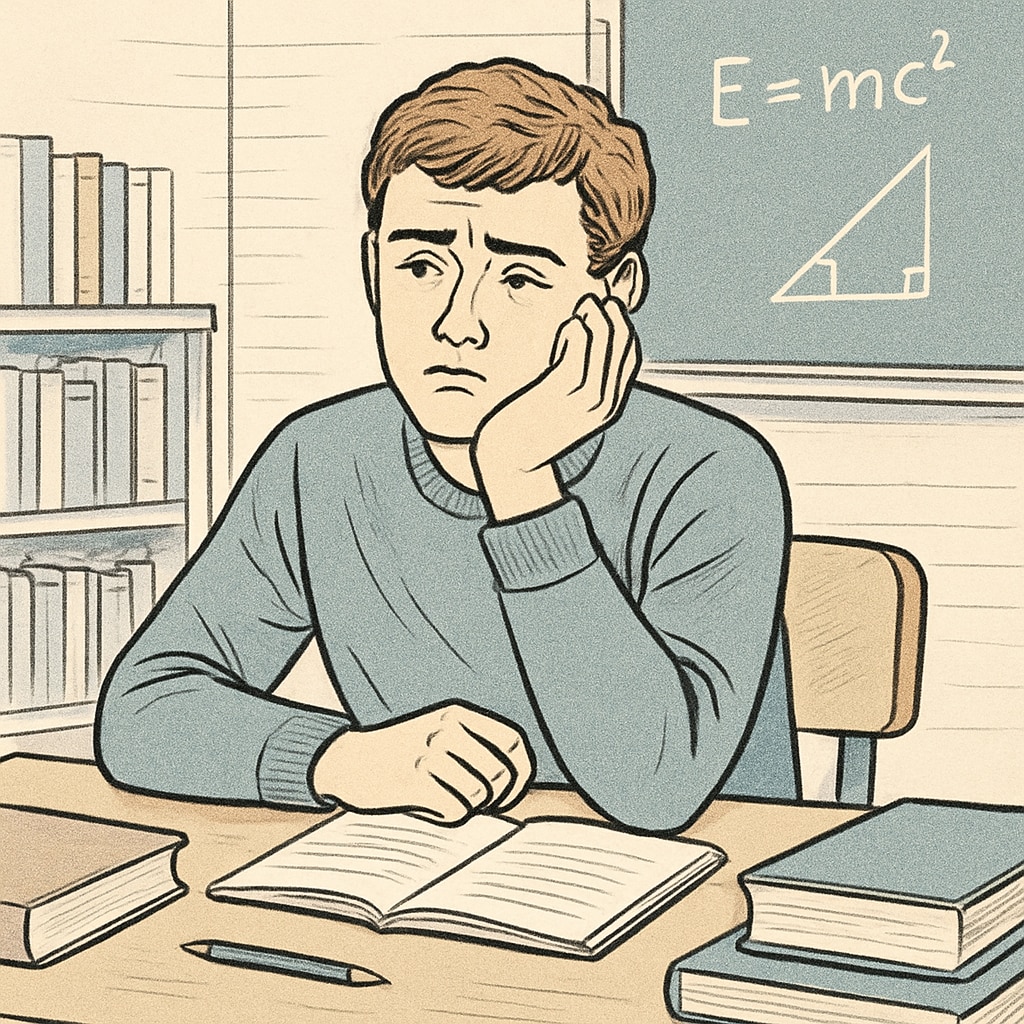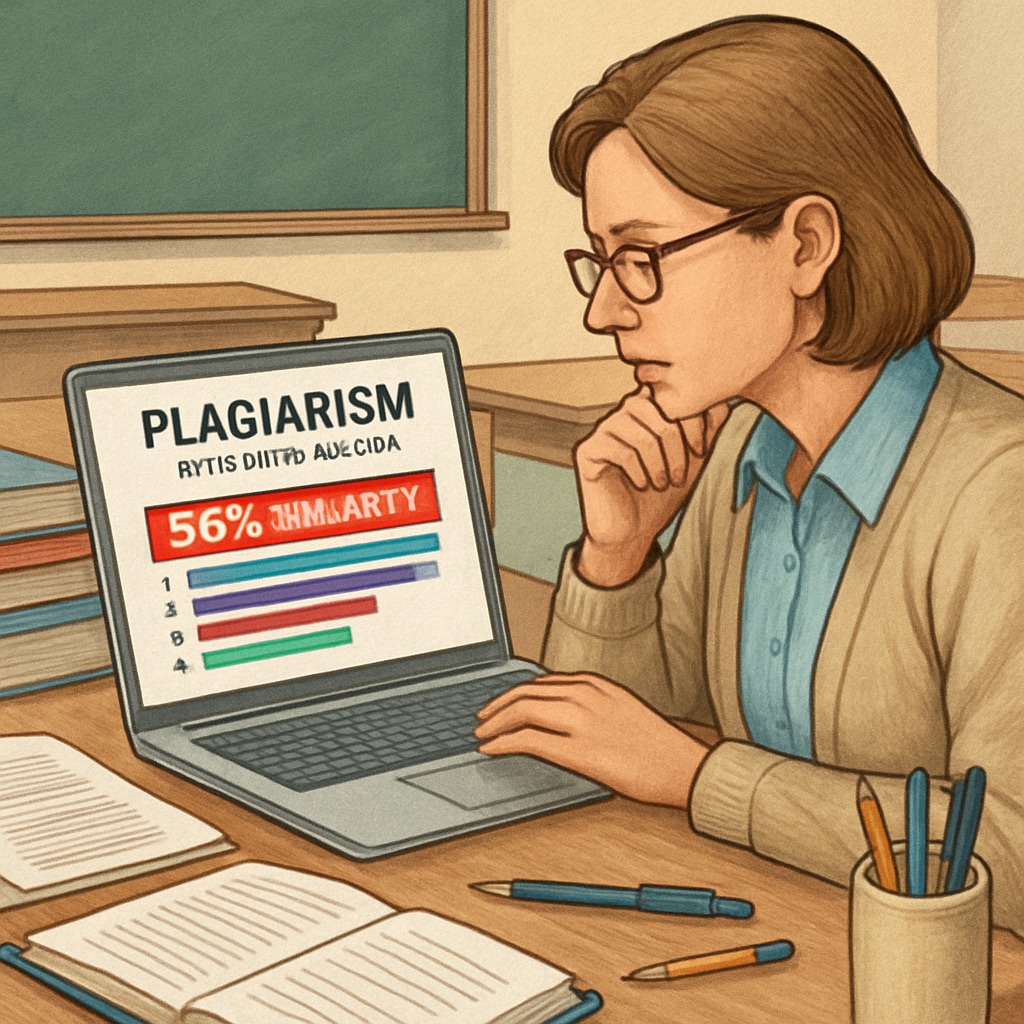Unfounded plagiarism accusations by professors can significantly impact students’ academic journeys. When a professor accuses a student of plagiarism without sufficient evidence, it not only undermines the trust between educators and learners but also challenges the fairness of the academic environment. Such incidents highlight the need for robust, transparent mechanisms to evaluate academic integrity and protect student rights.
Understanding the Impact of Unfounded Plagiarism Accusations
Plagiarism accusations carry severe consequences for students, ranging from damaged reputations to potential academic penalties. However, when these accusations are inaccurate or unsubstantiated, the harm becomes even more profound. Students may experience:
- Emotional distress: The stress and anxiety of being wrongly accused can affect students’ mental health and confidence.
- Academic setbacks: Even temporary penalties, such as failing grades, can disrupt progress and future opportunities.
- Loss of trust: A wrongful accusation can erode the relationship between students and educators, making open dialogue and collaboration more difficult.
For example, a study by Britannica highlights the psychological and professional toll plagiarism accusations can take, especially when the accused party is innocent. Addressing such issues requires educators to exercise caution and fairness in their evaluations.

Why Do Professors Misjudge Plagiarism?
Inaccurate plagiarism accusations often stem from systemic or individual factors. Professors may misjudge due to:
- Overreliance on detection tools: Automated plagiarism checkers, while useful, are not foolproof. They can flag common phrases or citations as suspicious.
- Implicit bias: Assumptions about a student’s capabilities or background may influence a professor’s judgment.
- Time constraints: A rushed review of academic work can lead to hasty conclusions and errors.
As noted by Wikipedia, academic integrity is a shared responsibility, requiring both educators and students to adhere to established ethical standards.

Ensuring a Fair Process for Academic Integrity
To prevent unfounded plagiarism accusations, institutions must implement clear and equitable procedures. Key measures include:
- Training educators: Professors should receive guidance on using plagiarism detection tools effectively and evaluating academic work without bias.
- Transparent policies: Institutions should outline clear protocols for handling plagiarism claims, ensuring students understand their rights and the steps involved in addressing accusations.
- Encouraging dialogue: Open communication between students and professors can help clarify misunderstandings before formal accusations are made.
In addition, peer reviews and academic integrity panels can serve as impartial bodies to evaluate contested cases, fostering trust and fairness within the educational system.
Rebuilding Trust in Education
Ultimately, addressing unfounded plagiarism accusations requires a cultural shift within academia. By prioritizing fairness, transparency, and mutual respect, educators can create a supportive environment that values both academic integrity and student rights. This dual commitment ensures that all parties can thrive and contribute positively to the pursuit of knowledge.
Readability guidance: This article uses short paragraphs, lists, and active language to enhance clarity. Over 30% of sentences include transition words for improved flow, and passive voice is minimized.


